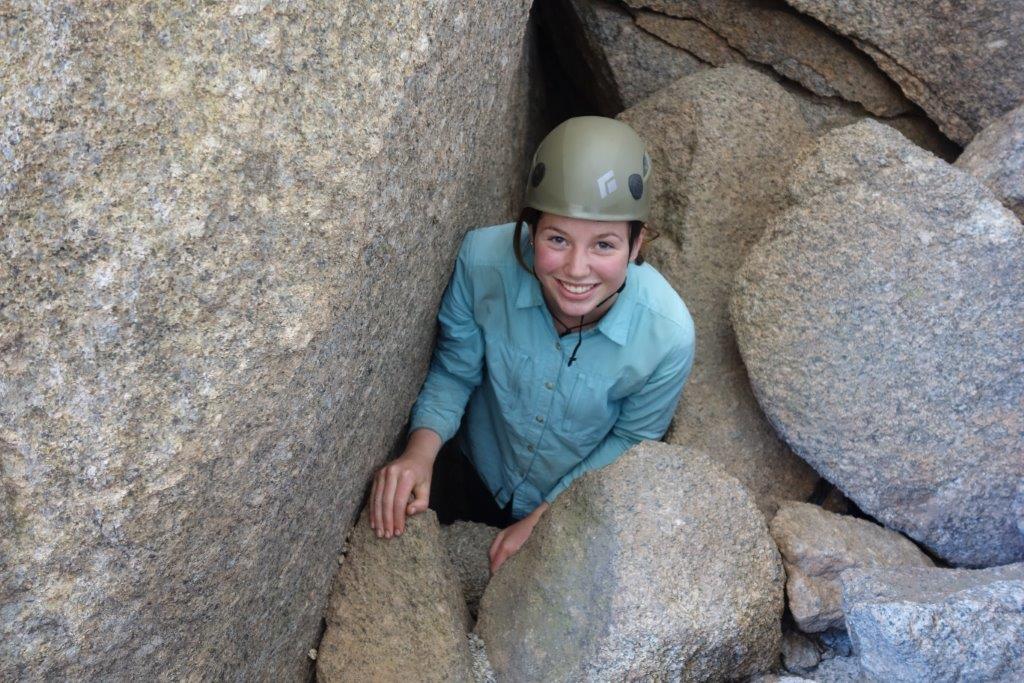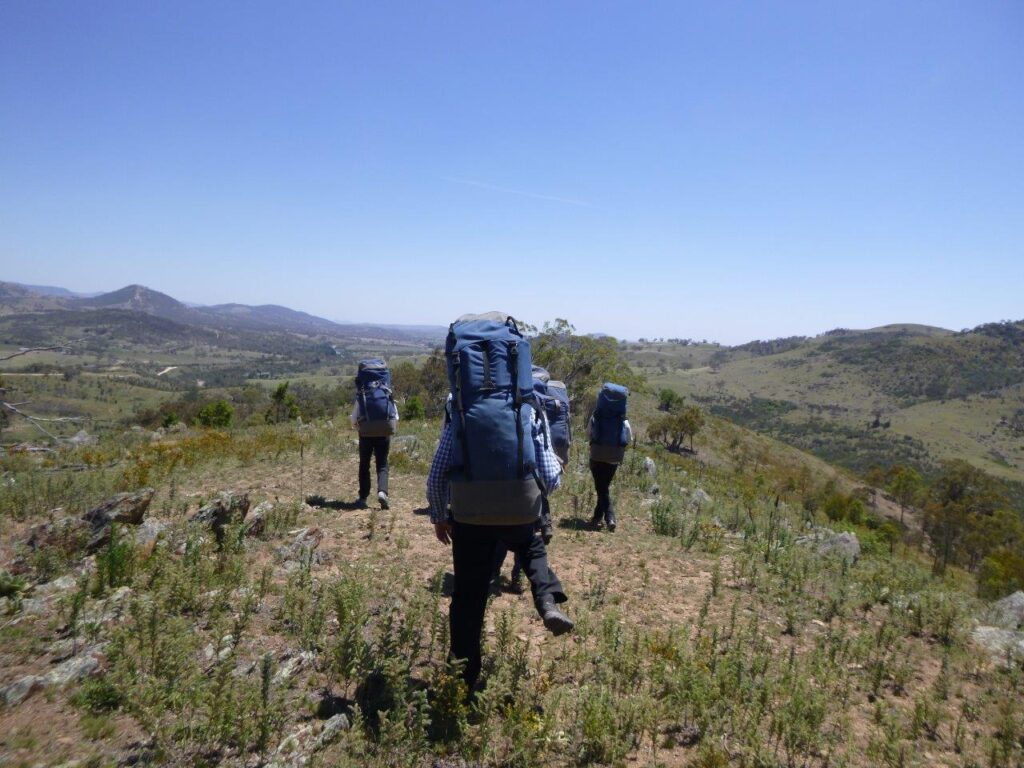Retain Your Best Graduates through Experiential Learning
How can you, as a graduate employer, retain your brightest talent? This, according to PWC, is the $3.8 billion question. But the answer could be a walk in the park, with studies showing experiential learning delivers significant outcomes.
Here’s the problem: today’s typical graduate will have five to seven careers in their lifetime. No sooner have you hired and trained them, they’re off. Replacing an employee can cost between 25% and 250% of their annual salary. For a graduate position of $70,000, it could cost your organisation that same amount to replace them. Organisations tend to invest heavily in technology-based learning. But to ensure graduates stick around, prioritising the human element may hold the key.
What is Experiential Learning?
Experiential learning takes graduates through a series of adventure-based activities like bushwalking, abseiling, and high ropes courses, and relates outcomes back to their everyday work experience. It is a type of experiential learning, or learning through doing, emphasising character development. When adversity or increased role complexity arises, it’s vital for key personnel to have well-developed resilience, communication skills and the ability to think and act strategically.
While experiential learning is not a new idea, it is gaining traction in mainstream academic thinking, backing up what proponents have known for years.
A University of Canberra study found that “adventure programs are effective in facilitating positive change in psychological, behavioural, emotional, and interpersonal domains” [1]. And what employers are most keen to know is that, “problem solving skills, team-work, self-discipline and enhanced executive functioning abilities are also acquired”[2].
As experiential learning comes to the fore, it’s no wonder that “it is time to take nature seriously as a resource for learning and development. It is time to bring nature and nature-based pedagogy into formal education.” [3]
How does Experiential Learning Benefit Graduates?
Experiential learning works. Programs can be tailored to your organisation’s specific requirements with agreed measures of success for desired results. Outcomes from strategically facilitated challenges like bushwalking, abseiling or completing a high-ropes course are reviewed and linked back to your organisation’s values.
This constant review and transferal of learning to real-life workplace scenarios develops graduates’:
- Interpersonal and intrapersonal communication skills
- Lateral and critical thinking capability
- Adaptive management potential
- Compassion, both having empathy and motivation to help others
- Teamwork
- Resilience
- Connectivity to their community, and you, their employer
- Situational leadership
- Ability to manage failure.
- Sense of personal responsibility for progression.
How does Experiential Learning Benefit Employer Graduate Employers?
A custom designed experiential learning programme equips graduates with the right attitudes, behaviours and values from the outset. This means you, the employer, will see improvements in retention from a more committed and engaged cohort. Your organisation can:
- Make significant cost savings by spending less time managing your young talent
- See improvements in productivity with graduates who become economically productive at a much faster rate
- Build higher-performing teams
- Strengthen your bench of leadership talent
- Enjoy increased workplace morale
- invest in candidates who have accurate expectations of their progression
Like your business, no two people are the same, and one size certainly does not fit all. Holding on to key personnel will remain a challenge. Evolving and adapting to a changing marketplace sustainably and efficiently is critical to survive and grow. Retaining thought leaders equipped and committed to deal with this accelerating change is vital for your organisation. You want a team capable of ‘lightbulb moments.’
You want your early careers talent to remember their first ‘lightbulb moment’, when theory became knowledge and behaviours changed. Maybe that lightbulb moment came in the middle of a group abseil, during a solo reflection on a mountainside, or in a facilitated discussion with their instructor. But it came, and it enabled positive and lasting change for them and your organisation.
How did an Adventure Learning Program Benefit The Laminex Group?
“The difference between a regular training session and the Outward Bound course is that people can study management techniques for years and not to be able to use them in the practice. The participants of Outward Bound courses are challenged in an emotional and mental way in order to be able to use such techniques in a natural and conscious way at the end of each training session.”
Josh Smolenears, The Laminex Group
[1] Adventure Therapy: Treatment Effectiveness and Application with Australia Youth. Daniel J Bowen. 2016
[2] Outdoor learning: not new, just newly important. Tonia Gray 2018.
[3] Do Experiences With Nature Promote Learning? Converging Evidence of a Cause-and-Effect Relationship. Ming Kuo, Michael Barnes and Catherine Jordan, 2019.
Ian Wells Business Development Manager
m +61 419 203 374
e ian.wells@outwardbound.org.au


